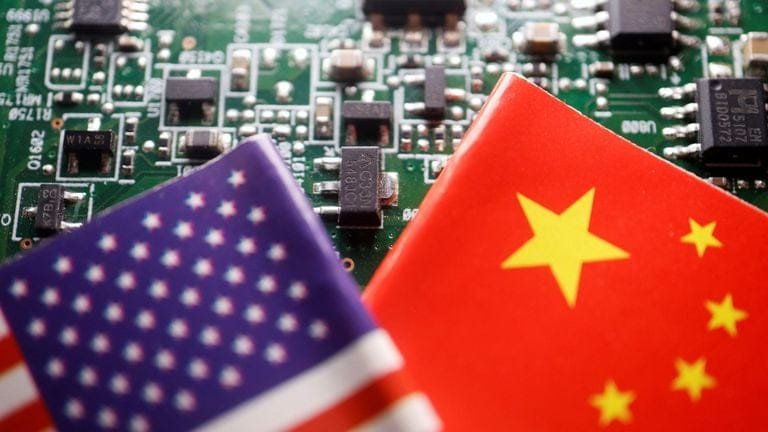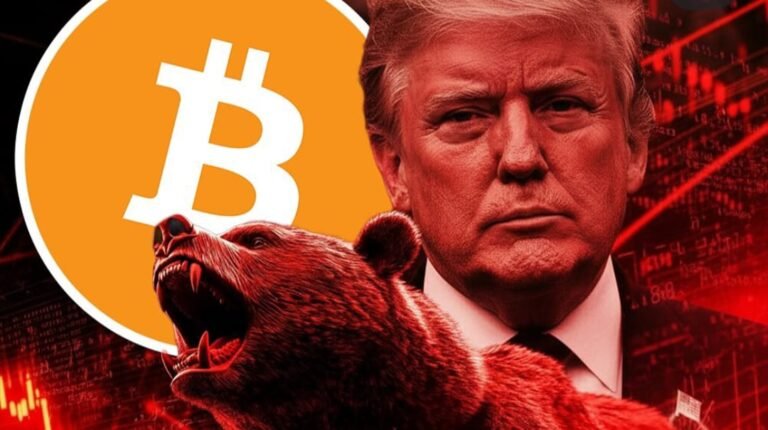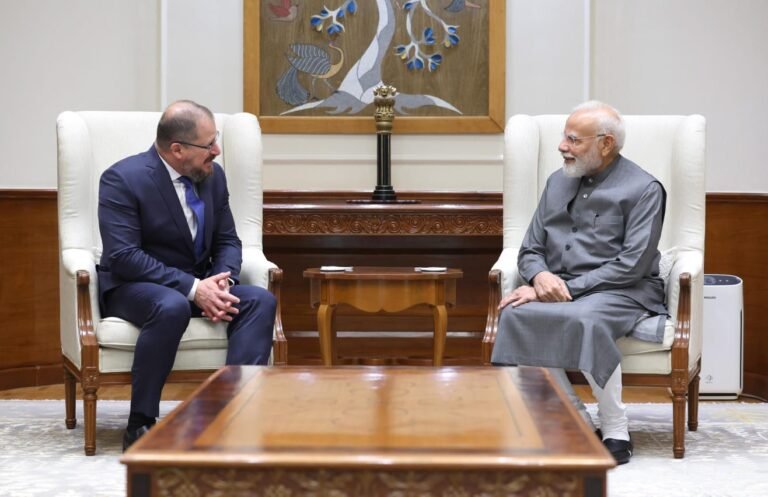
US lawmakers push for tighter restrictions on chip equipment exports to China, citing national security and AI concerns.
Introduction: US lawmakers’ demand
The recent trade war between the US and China has escalated into the technology sector, with US lawmakers calling for even stricter restrictions on the sale of chip manufacturing equipment to China, a move linked to national security concerns A bipartisan investigative report revealed that China purchased $38 billion worth of equipment last year These purchases were legal, yet they undermine US policy Furthermore, Chinese purchases accounted for 39 percent of total sales This figure is shocking, demonstrating a failure of US policy China has increased domestic production, but foreign equipment is essential for advanced chips Without these, China cannot develop AI and supercomputers US lawmakers consider this a threat They say China could violate human rights and challenge democracy
Background: The Beginning of the US-China Chip War
The story of the chip war began in 2018 The US prevented China from supplying advanced technology, citing national security as the reason Chips are crucial for artificial intelligence (AI) and military applications China could strengthen its military with these chips The US imposed sanctions on companies like Huawei The regulations tightened in 2022 The US, Japan, and the Netherlands worked together to restrict the export of chip manufacturing equipment However, these restrictions targeted specific companies, such as SMIC and YMTC Non-US companies, however, could still sell The result? China found alternative ways The report states that the restrictions were imposed in 2022, but purchases increased by 66 percent in 2023 China spent $38 billion This money came from five major companies Applied Materials, Lam Research, KLA, ASML, and Tokyo Electron These companies are based in the US, the Netherlands, and Japan.
Key Facts of the Report
The House of Representatives Select Committee on China prepared this report, which is bipartisan, meaning both Democrats and Republicans supported it Chairman John Moolenaar is a Republican, while Ranking Member Raja Krishnamoorthi is a Democrat Both countries imposed sanctions on three Chinese companies in December, the report says China purchased the equipment legally and did not violate any rules However, there are loopholes in the rules, and the US cannot sell equipment to Huawei-linked companies However, Japanese or Dutch companies can The result? This step will disrupt the supply chain and force China to find domestic alternatives.
Lawmakers’ Reactions
Lawmakers are concerned. The report says these sales make China competitive in semiconductor manufacturing This impacts human rights worldwide and threatens democratic values John Moolenaar wrote a letter to the Commerce Department, stating that these companies help Huawei. The US should act immediately. Raja Krishnamoorthi expressed support Both showed a bipartisan approach. Other lawmakers also spoke. Some said, “The US shouldn’t fight alone Bring Japan and the Netherlands on board Impose comprehensive sanctions.” One lawmaker tweeted, “China is changing the supply chain We should stop it Otherwise, it will be too late This demand is political, but related to national security Ahead of the elections, lawmakers want to show voters they are strong against China
Impact on the Global Semiconductor Industry
This news is shaking the market. Shares of ASML, ASM, and BESI fell These are European companies China is their major market. The ban will cause losses American companies like Applied Materials are silent ASML and KLA said they will speak after reviewing the full report. But the industry knows China accounts for 39 percent of sales Losses if a ban is imposed China’s response? State media said The US is escalating the trade war We will become self-reliant But experts say it will take time for China. Are allies difficult to manufacture advanced equipment? Are Japan and the Netherlands under pressure? They will support the US, but fear economic losses, the Trade Force report says Coordinated sanctions are necessary Not company-specific. And what about India? We are becoming a semiconductor hub This is an opportunity But be wary of China We can work with the US.
Future Prospects
What will happen next? The committee’s recommendations will be implemented The Biden administration will monitor them Or if Trump comes to power, both are against China Comprehensive sanctions could be imposed China will respond, perhaps by restricting its exports of rare earths, which are essential in electronics Expert Craig Singleton says the global chip crisis could escalate China is rewriting the supply chain Small areas are now battlefields. The Foundation for Defense of Democracies says the AI sector will be affected China does not want to lag behind in AI Military modernization will be halted, but innovation will increase The conclusion,
which is important, is that this demand by US lawmakers is important. This US-China will escalate tensions It’s essential to contain China for national security But maintain a balance The global economy shouldn’t be damaged Allies should unite Countries like India should benefit The future is uncertain, but action is necessary.
Data from the Detailed Analysis Report
Look deeper into the data in the report Purchases in 2023 are $38 billion 66 percent more than in 2022 How much did Applied Materials sell? The report doesn’t say, but it represents 39 percent of the total This means these five companies account for a significant portion of their sales. What are these devices? Lithography machines Etching tools Inspection devices These make chips at the nanoscale Without these, 7-nanometer chips are difficult China is currently reaching 5-nanometers But where are the flaws in foreign assistance? Inconsistent rules The US would have blocked SMIC, but ASML could sell because the Netherlands has different rules Lack of coordination. The committee says, impose comprehensive sanctions.
Speaking about the role of companies,
What should the companies say? Tokyo Electron cooperated, Doherty said Sales fell, but desired targets were not achieved Applied and Lam remained silent ASML said. See the report These companies would have made profits The Chinese market is large. Shares fell due to the ban ASML is down 2 percent BESI is down 3 percent The market is apprehensive What about the long term? Companies will find new markets India, Vietnam, and Chinese companies? SMIC is growing, but costs are high Domestic equipment is weak The ban is a challenge But they are investing The $100 billion plan, along with the political context, is that this is election time
The 2024 elections were held Policies will be implemented in 2025 Biden passed the Chip Act, worth $52 billion To increase domestic production If Trump comes to power, it will be even more stringent Support in Congress. Both parties Moolenaar and Krishnamoorthi led the way. Wrote a letter to Commerce Action was taken Now, China’s response is massive The Foreign Ministry said, “The US is interfering We want open trade But preparations are behind us. Self-reliance campaign.





